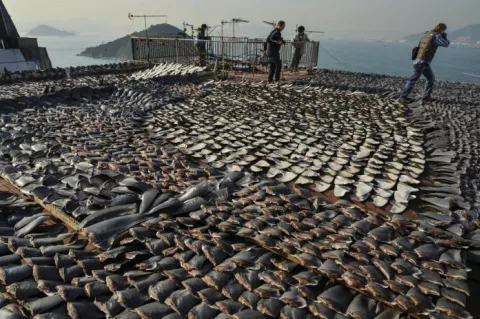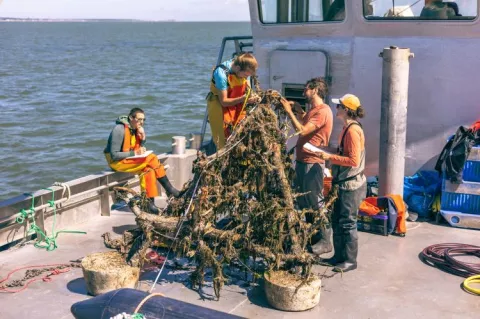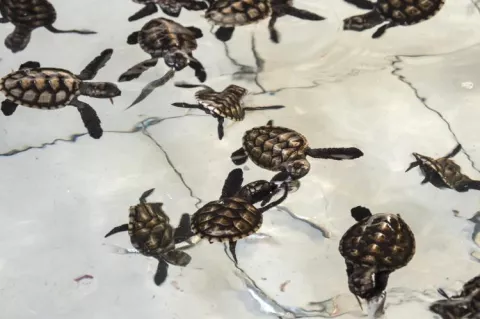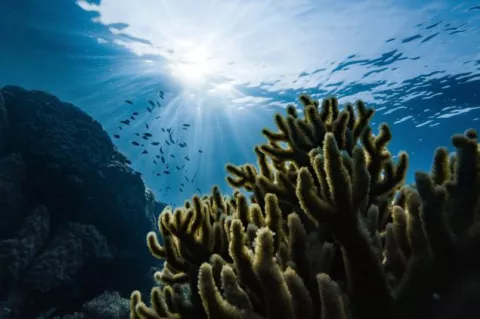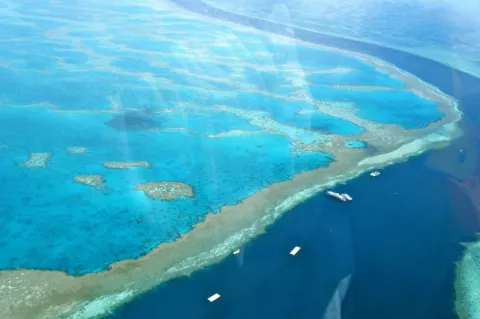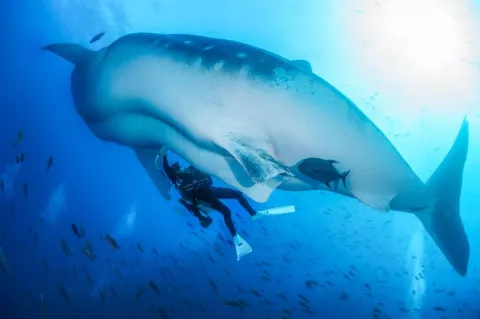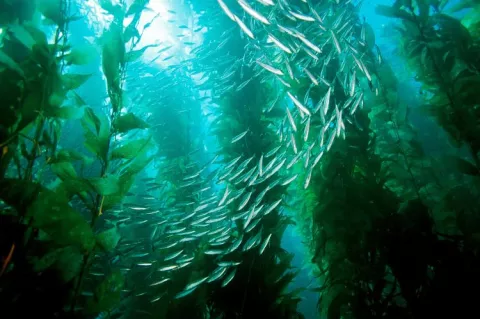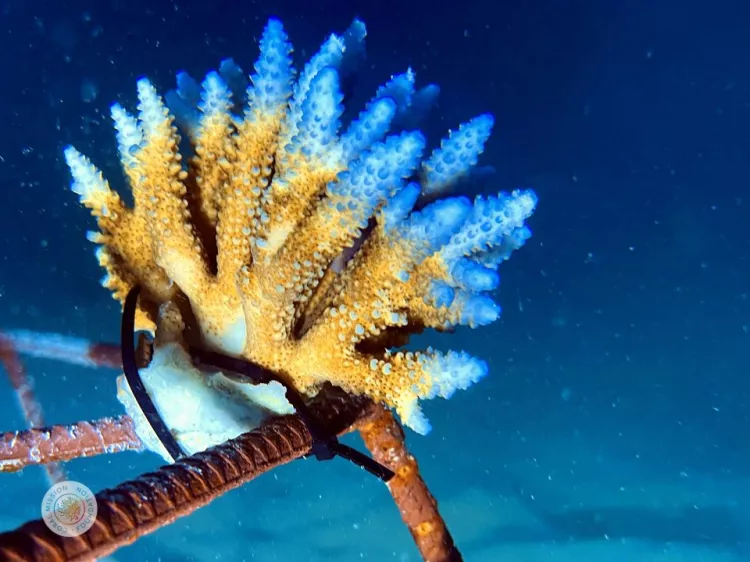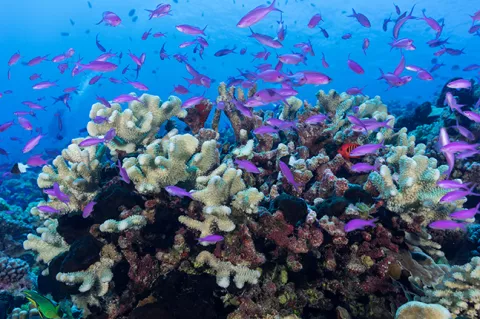Debate Over South Africa's White Shark Population Stability
The debate surrounding the stability of South Africa's white shark population has intensified. A rebuttal article raises concerns about the validity of the claims raised in a recent academic article about white shark population stability and the potential implications for conservation efforts.



